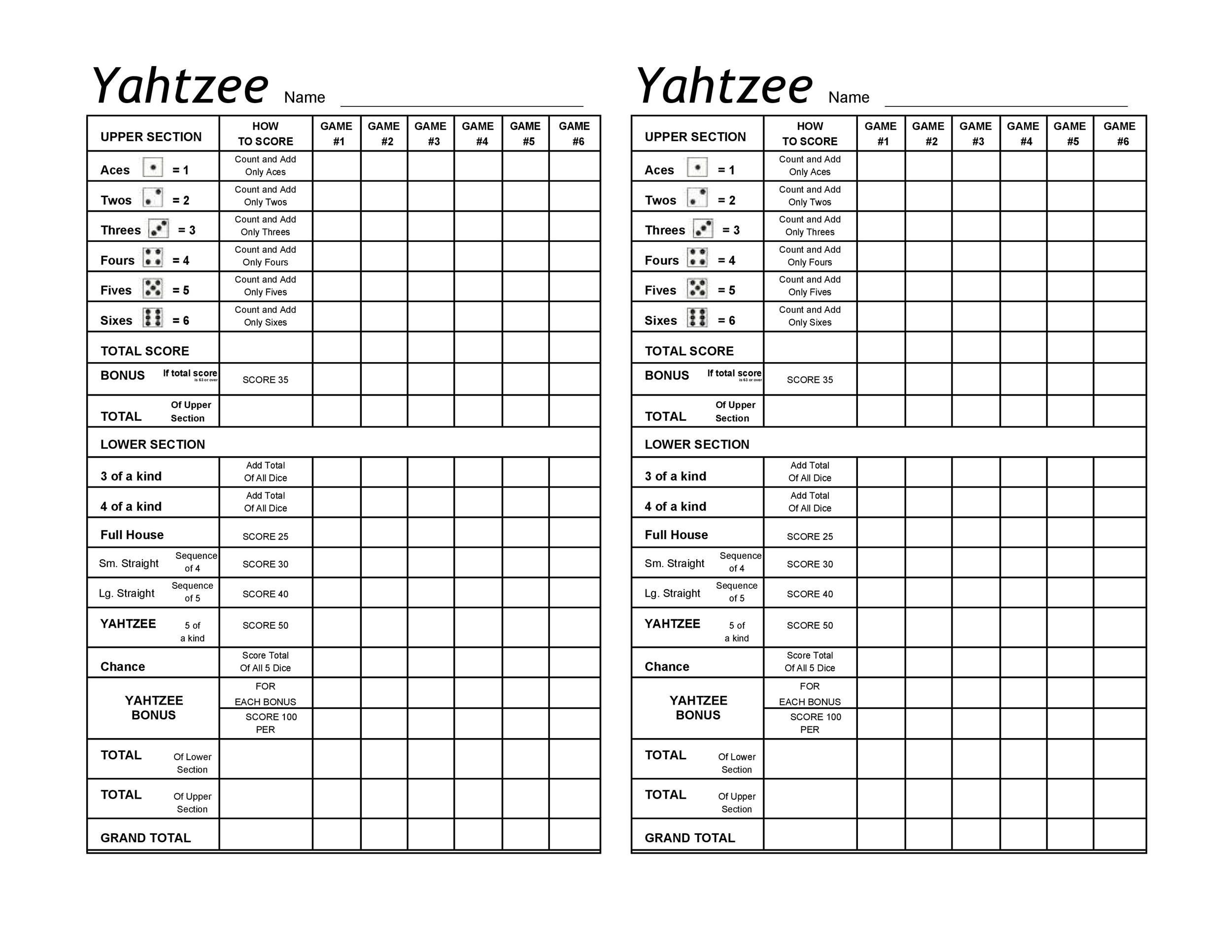What to Expect When Hiring Hazardous Waste Disposal Services
Managing hazardous materials is a serious responsibility. From industrial chemicals and medical waste to contaminated soil and electronic components, improper handling can harm the environment, endanger public health, and lead to severe legal consequences. When you hire professional Hazardous Waste Disposal Services, you’re entrusting experts to manage this process safely, efficiently, and in full compliance with regulations. Knowing what to expect can help you choose the right provider and ensure a smooth, compliant operation.
1. Initial Assessment and Waste Identification
The first step in the process is a thorough evaluation of your waste materials. Professionals will classify each substance according to its hazard category—whether it’s corrosive, flammable, toxic, or reactive. Accurate identification is critical for determining safe handling, storage, and disposal methods.
2. Customized Waste Management Plan
Once the waste is assessed, the provider will create a tailored disposal plan. This plan outlines how the waste will be collected, transported, treated, and ultimately disposed of. It also considers your facility’s operations, ensuring minimal disruption to your daily activities.
3. Strict Regulatory Compliance
Certified disposal companies are well-versed in federal, state, and local regulations. They manage permits, follow safety protocols, and provide documentation to prove compliance. This reduces your legal risk and ensures your business meets environmental protection standards.
4. Safe Collection and Transportation
Proper containment, labeling, and secure transportation are essential to avoid spills, leaks, and accidents. Professional crews use specialized vehicles and equipment designed for hazardous materials, ensuring safety from collection to delivery at disposal facilities.
5. Environmentally Responsible Disposal
Many providers prioritize sustainability by recycling or repurposing materials whenever possible. For non-recyclable waste, they use advanced treatment methods—such as incineration, chemical neutralization, or secure landfill disposal—that meet environmental guidelines.
6. Documentation and Reporting
Transparency is vital in hazardous waste management. Your provider will supply detailed records of waste quantities, disposal methods, and dates. This documentation can be essential for audits, inspections, and ongoing compliance tracking.
Hiring professional hazardous waste experts isn’t just about getting rid of dangerous materials—it’s about ensuring safety, protecting the environment, and maintaining compliance. By understanding the steps involved, you can partner with a service provider that delivers efficiency, transparency, and peace of mind.
-

 Education & Science4 years ago
Education & Science4 years agoAPES Unit 4 Study Guide: Essential Topics and Tips for Exam Success
-

 Real Estate & Travel4 years ago
Real Estate & Travel4 years agoSan Pancho Mexico Real Estate Opportunities For Your Dream Home
-

 Local Listings & Activities6 years ago
Local Listings & Activities6 years agoWe Rock the Spectrum Bradenton Inclusive Play and Sensory Gym for All Kids
-

 Education & Security4 years ago
Education & Security4 years agoInsider Threat Indicators Description and Detection Guide
-

 Relationships & Quotes6 years ago
Relationships & Quotes6 years agoAppreciation Deep Mother Quotes in Spanish
-

 Music & Concerts2 years ago
Music & Concerts2 years agoDave Matthews Band Virginia Beach Concert Guide
-

 News & Obituaries1 year ago
News & Obituaries1 year agoRobert F Kennedy Jr: Net Worth, Career and Legacy
-

 Games & Printables5 years ago
Games & Printables5 years agoFree Printable Triple Yahtzee Score Sheets PDF for Easy Game Tracking
